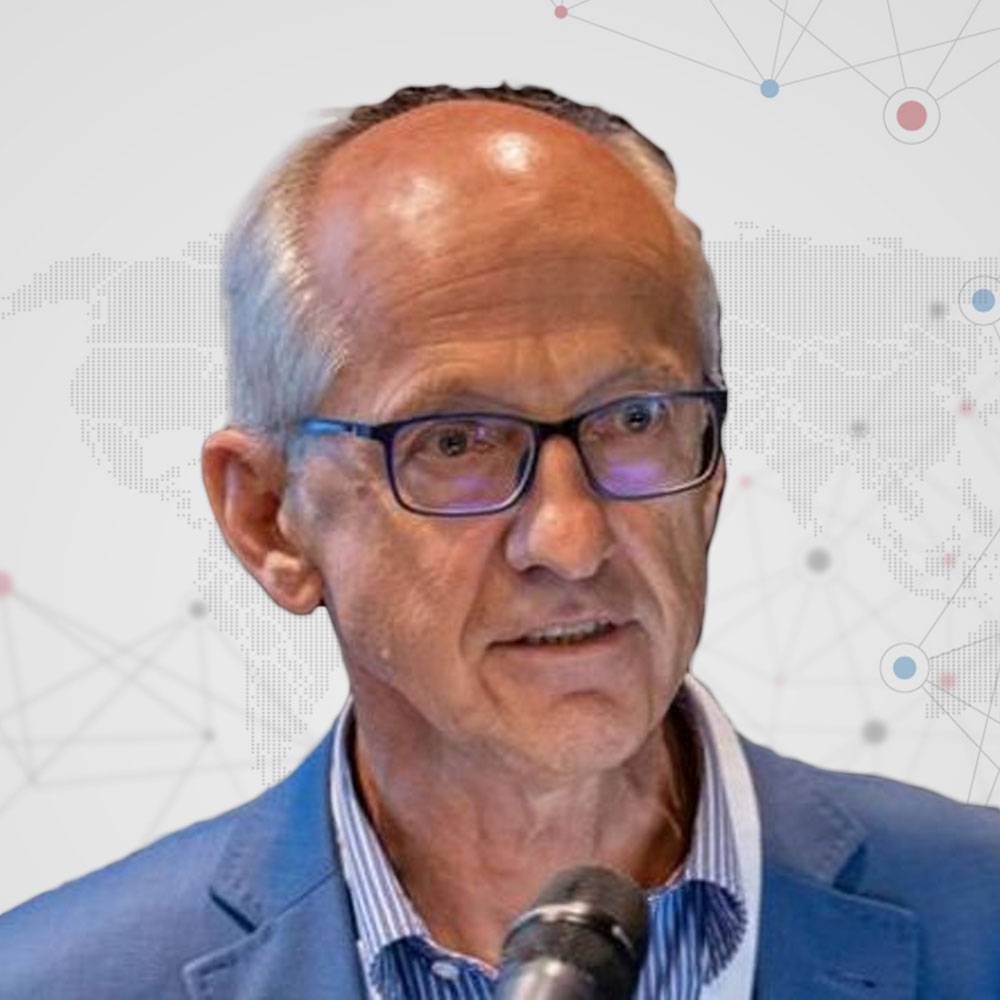Talk Title: Cell-on-a-chip microsystems – alternative in vitro models to study effectiveness of medical therapies
Prof. Zbigniew Brzózka is employed as a tenured professor by the Faculty of Chemistry, Warsaw University of Technology (WUT), from 2008 he served as Dean of the Faculty of Chemistry, Warsaw University of Technology for eight years. Since 2018 he has been Head the Chair of Medical Biotechnology, he is also leading of priority research field of biotechnology and biomedical engineering in Warsaw University of Technology.
He spent a long scientific internship (1984-1986) with Prof. Wilhelm Simon’s group at ETH Zurich in the area of membrane ion-selective electrodes, developing miniaturized chemical sensors for medical diagnostics. Another long research internship (1990-1992) in prof. David Reinhoudt’s supramomolecular chemistry group at Twente University (the Netherlands) allowed to apply selective receptors in development of chemically modified field transistors (CHEMFET) as a new class of miniaturized sensors at that time.
He co-authored more than 180 scientific publications in JCR publications, more than 140 oral and poster presentations at foreign and national conferences. In 2018, the latest monograph titled “Cardiac Cell Culture Technologies – Microfluidic and on-Chip Systems” was released by the prestigious Springer publishing house. He is co-authors 23 patents and 3 patent applications.
Prof. Brzózka is an elected member of the Committee on Analytical Chemistry of the Polish Academy of Sciences, a member of scientific committees World Conference on Miniaturized Systems for Chemistry and Life Sciences (microTAS), the most prestigious conference in the “Lab-on-a-Chip” area (since 2006) and The International Meeting of Chemical Sensors (IMCS) (since 2006). Since 2008, he is the editor of Sensors & Actuators B, Chemical.
For more than 40 years of scientific work, he created research teams in the field of chemical sensors and miniaturized analytical systems, successively membrane ion-selective electrodes (ISE), chemically modified field transistors (ISFETs, CHEMFETs), fiber optrodes, enzymatic biosensors and more recently miniaturized analytical devices for total chemical analysis “microTAS”, Lab-on-a-Chip microsystems and Cell-on-a-Chip devices.


